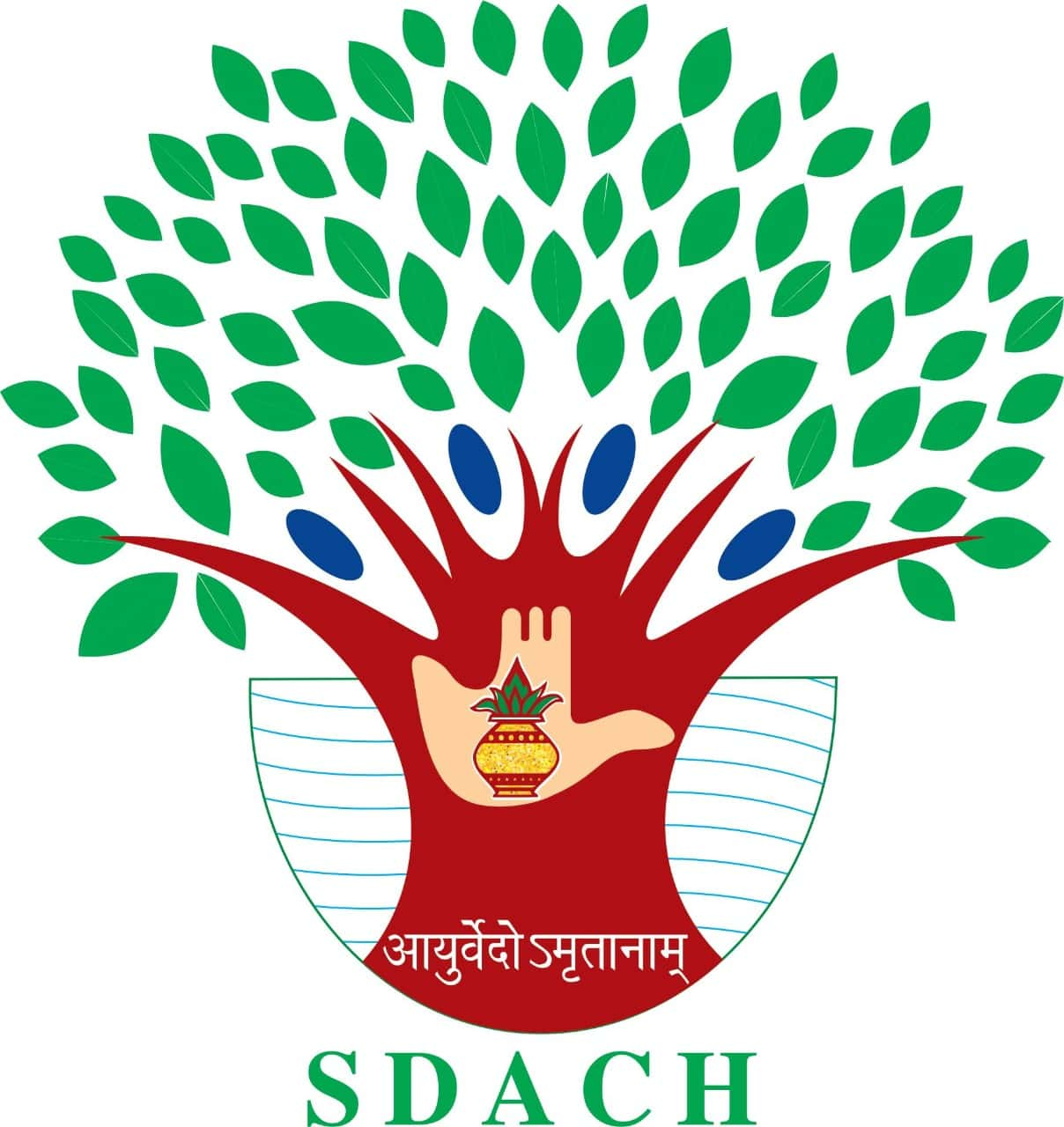Botanical Name : Polyalthia longifolia Thw.
Family : Annonaceae
Introduction :
This ornamental tree mainly used as adulterant for asoka and devadaru. Actually there is no confusion which plant is asoka, but pharmacy industry considered as ulkalam as one of the synonyms of asoka, and Polyalthia longifolia considered as ulkalam. Then they made use of this plant as asoka. Better to avoid usage of this plant because it causes the cardiac depression.
annonaceae-polyalthia longifolia 22
Names in different Indian languages :
English : Mast tree, Fake Asoka tree, False Devadaru, Cemetry tree
Hindi : Debdari, asoka
Kannada : Assoti
Malayalam : Aranamaram
Tamil : Asogu, nettilingam
Telugu : Asokamu
Varieties & adulterants – (CV – controversy, AD – adulterants) :
Ulkatah -CV
Kastadaruh -CV
used for adulterant as asoka
Morphology :
Evergreen ornamental tree, grows 6-10 m height
Leaves –simple, alternate, undulate margins
Flower – yellowish
Fruit- berry
Distribution & Habitat :
All over India
Chemical constituents :
Clerodane diterpenes, polyalthialdoic acid and kolavenic acid, cytotoxic aporphine alkaloid, liriodenine,
Karma :
Febrifuge, cardiac depressing
Indication :
Fever, skin disease
Part used :
Bark
Dosage :
Powder 2-4 g Decoction 50-100 ml





